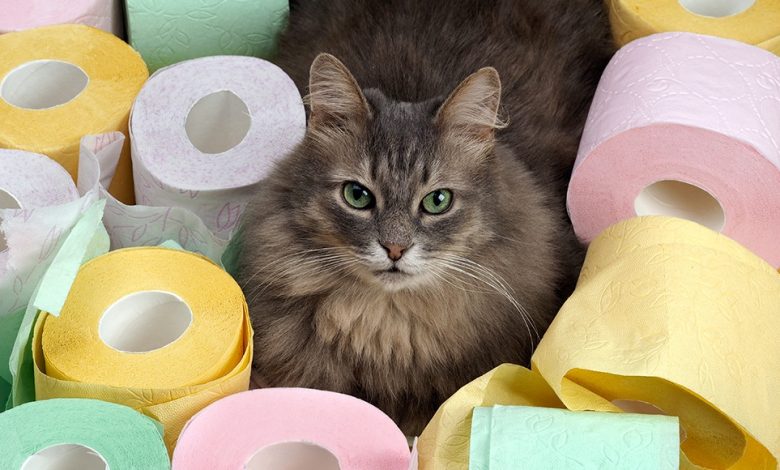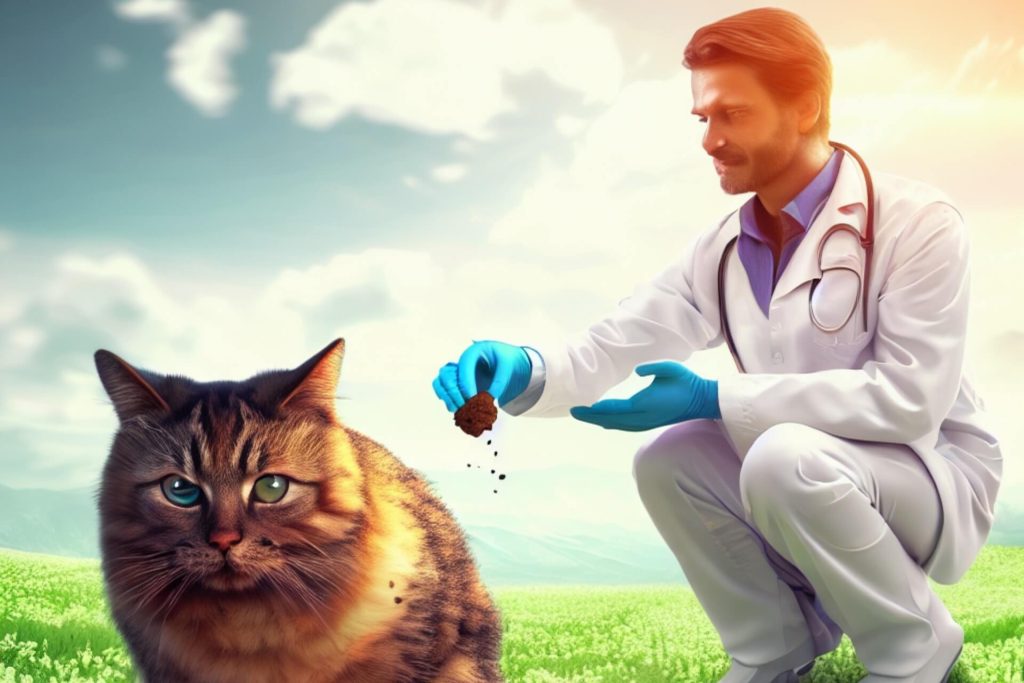Preventing Kitten Diarrhea: A Comprehensive Guide

Diarrhea is a common health issue in kittens, often caused by various factors ranging from dietary changes to infections. While it can be alarming, understanding the causes and taking preventative measures can significantly reduce the risk of your kitten experiencing this uncomfortable condition.
Common Causes of Kitten Diarrhea
- Dietary Changes: Introducing new foods or sudden changes in diet can upset a kitten’s delicate digestive system.
- Food Allergies or Intolerances: Some kittens may develop allergic reactions or intolerances to certain ingredients in their food.
- Infections: Bacterial, viral, or parasitic infections can lead to diarrhea.
- Stress: Environmental changes or stress can contribute to digestive issues.
- Medications: Certain medications can have side effects that include diarrhea.
Read More Also: Plan the best corporate event
Preventing Kitten Diarrhea: Essential Tips
1. Gradual Dietary Transitions:
- When switching your kitten’s food, do so gradually over a week or more. This allows their digestive system to adjust.
- Mix the new food with the old food in increasing proportions until they are fully transitioned.
2. High-Quality Kitten Food:
- Choose a high-quality kitten food that is formulated to meet their nutritional needs.
- Look for foods that are made with real meat as the primary ingredient.
- Avoid foods that contain excessive fillers or artificial additives.
3. Fresh Water:
- Ensure your kitten has access to fresh, clean water at all times.
- Dehydration can contribute to diarrhea.
4. Regular Veterinary Checkups:
- Schedule regular veterinary checkups to monitor your kitten’s health and catch any potential problems early.
- Vaccinations can help prevent infectious diseases that can cause diarrhea.
5. Prevent Stress:
- Provide a calm and stable environment for your kitten.
- Avoid sudden changes in their routine or surroundings.
- Spend quality time with your kitten to help them feel secure and loved.
6. Avoid Contaminated Food and Water:
- Keep food and water bowls clean and sanitized.
- Store food in airtight containers to prevent contamination.
- Avoid feeding your kitten raw or undercooked meat, which can contain harmful bacteria.
7. Monitor Stool Consistency:
- Pay attention to your kitten’s stool. Healthy stools are firm but not hard.
- If you notice changes in stool consistency, such as loose or watery stools, consult your veterinarian.
8. Consider Probiotics:
- Probiotics can help restore the balance of beneficial bacteria in the gut.
- Consult your veterinarian before adding probiotics to your kitten’s diet.
9. Avoid Overfeeding:
- Overfeeding can lead to digestive problems, including diarrhea.
- Follow the feeding guidelines on the kitten food packaging.
10. Prompt Veterinary Care:
- If your kitten develops severe diarrhea, persistent vomiting, or other concerning symptoms, seek veterinary attention immediately.
By following these preventative measures and being attentive to your kitten’s health, you can significantly reduce the risk of diarrhea and ensure a happy and healthy life for your furry friend.





